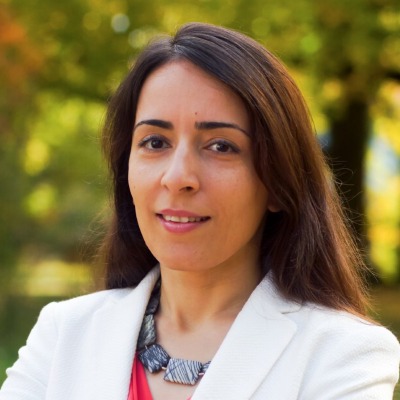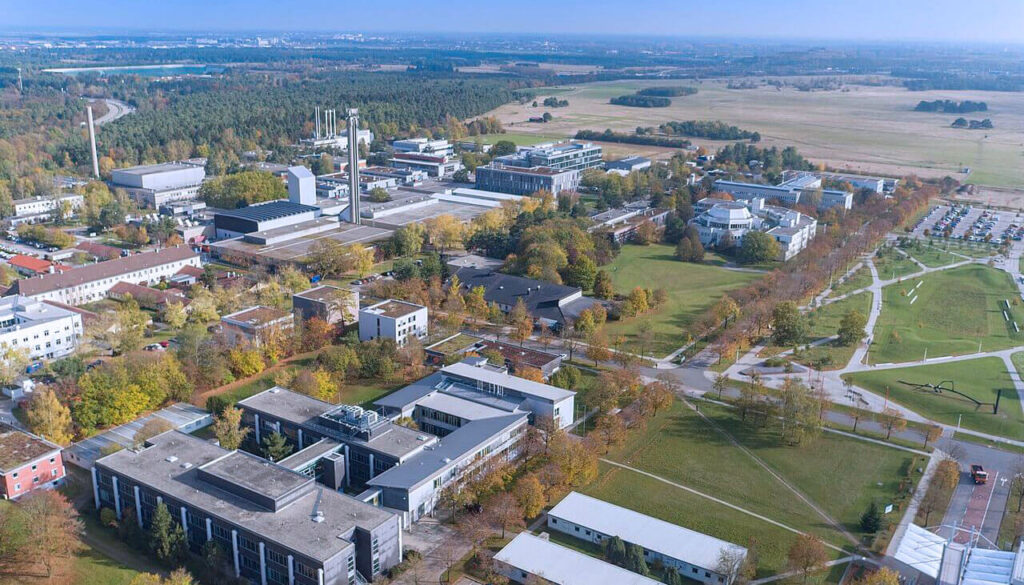The Federal Ministry of Education and Research (BMBF) award will support Helmholtz Zentrum München, Malone Center researchers as they investigate the mechanisms and complications of COVID-19 diseases.
In the COMBAT C19IR study, a team of scientists and clinicians from the fields of lung research, proteome analysis, virology as well as medical and bioinformatics is investigating the mechanisms and complications of COVID-19 diseases.

Narges Ahmidi
The team includes Narges Ahmidi, adjunct assistant research scientist in the Malone Center and leader of the ‘AI for Patient Diagnosis and Treatment’ laboratory in the Institute of Computational Biology at Helmholtz Zentrum München (pictured above).
The aim of the study: to predict the course of the disease and provide medical professionals with decision support. The researchers want to understand the individual courses of COVID-19 and characterize them using clinical parameters and blood-based biomarkers. This should enable targeted therapy and follow-up care for the patient.
Using artificial intelligence models, the researchers want to identify factors that determine the course and severity of a SARS-CoV-2 infection. To do this, they combine a unique data set made up of the following individual parts:
- Clinical course of the patients
- Co-infecting viruses and microbes that affect the severity
- Biological reaction of the patient measured by his blood plasma proteome
It also investigates which biological conditions make a patient a risk patient and which role existing lung diseases play. The patients receive long-term support after their discharge and their health is checked. The results are then to be compared with the course of recovery of other similarly symptomatic diseases such as influenza or pneumonia.
Ahmidi and Benjamin Schubert are responsible for the development of AI-based methods for predicting the recovery rate. Li Deng and Stephanie Hauck lead the analysis of the virome and microbiome data as well as the blood plasma proteome data. Anne Hilgendorff and Jürgen Behr, group leaders at the German Center for Lung Research (DZL) Munich (CPC-M), will head the clinical work.
Scientists from the Helmholtz Zentrum München, the Ludwig Maximilians University, the German Center for Lung Research, the Asklepios Specialist Clinic Munich-Gauting, the Technical University of Munich, and the Johns Hopkins University are involved in the study.
